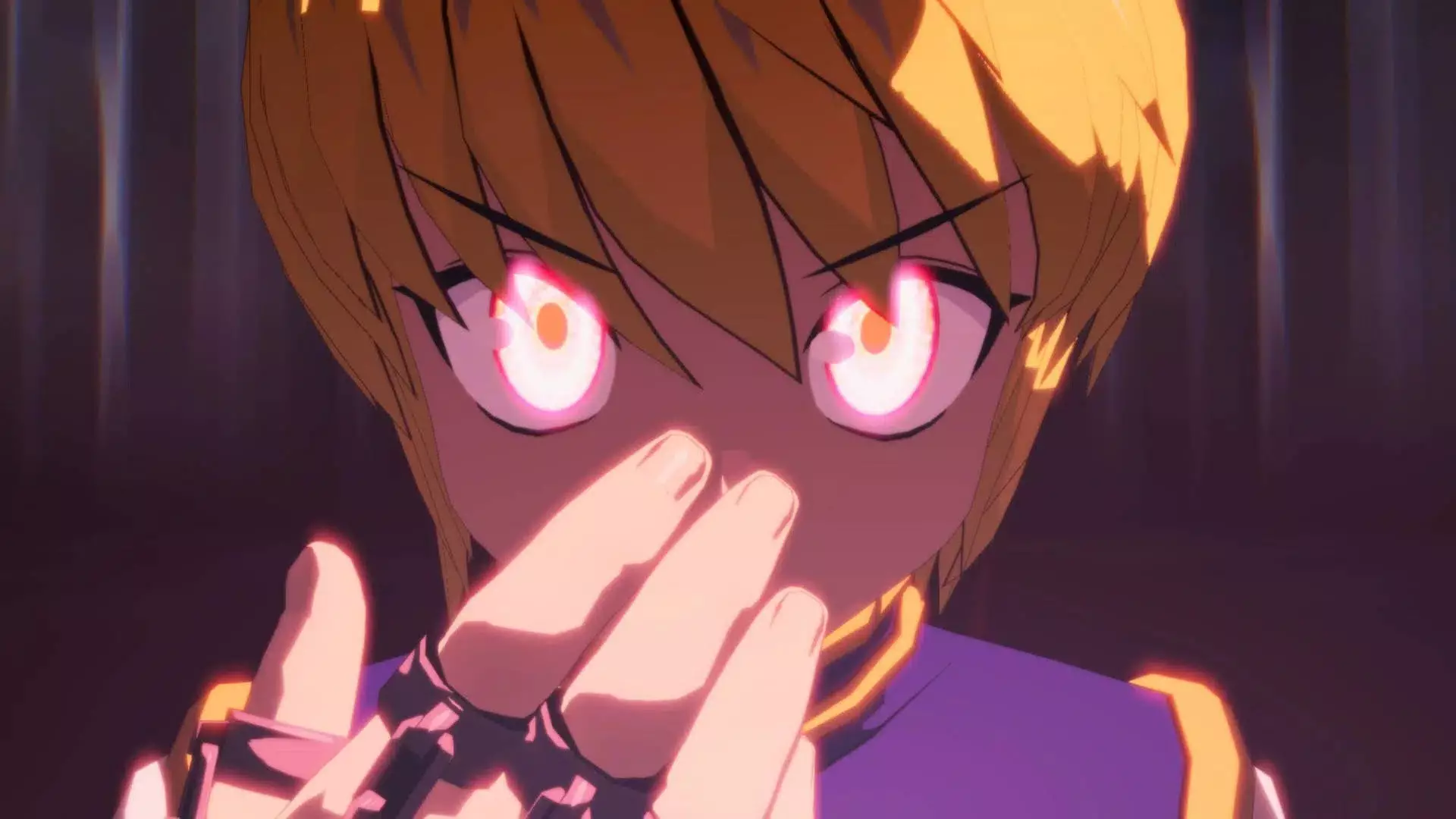In a landscape flooded with high-budget, visually dazzling fighting titles, Hunter x Hunter: Nen x Impact emerges as a compelling testament to the enduring power of franchise loyalty and authentic gameplay mechanics. Unlike the typical flashy spectacle, this game centers on core combat dynamics that are rooted in the universe’s rich lore. Its release on the Nintendo Switch signifies an important shift—bringing a niche but passionate fanbase a game tailored to their beloved series. While it may not boast cutting-edge visuals, its strategic depth and faithful adaptation position it as a worthwhile experience for die-hard fans and fighting enthusiasts alike who yearn for substance over style.
From Legacy to Digital Battlegrounds: The Significance of Brand Fidelity
The origins of Hunter x Hunter as a manga and anime beloved by a dedicated readership make its jump into the fighting game scene a noteworthy development. Togashi’s series, which debuted in 1998, has carved a niche that’s distinct from giants like Dragon Ball or Naruto. Its darker themes, complex characters, and intricate storylines have fostered a community that values authenticity. Eighting’s involvement, known for established titles like Naruto: Clash of the Ninja, guarantees a focus on mechanics and tactical gameplay, even if the presentation isn’t as dazzling. The decision to delay the game for rollback netcode, a feature critical in modern online fighters, clearly indicates a commitment to quality that transcends superficial gloss—catering to players who prioritize smooth, competitive experiences.
The Challenge of Visual Simplicity and Its Impact
Graphically, Hunter x Hunter: Nen x Impact doesn’t dazzle visually, which could be a point of contention for players accustomed to ultra-realistic or highly stylized fighters. However, this visual restraint can be seen as a deliberate artistic choice that emphasizes clarity in combat and character design. The art direction, while not groundbreaking, respects the anime’s aesthetic, maintaining a balance between nostalgia and function. It’s a reminder that mere eye candy doesn’t make a fighting game memorable—it’s the gameplay mechanics, character matchups, and strategic depth that count, especially for veteran players who seek a challenge rooted in skill rather than spectacle.
Strategic Gameplay: The Heart of the Experience
What truly elevates Hunter x Hunter: Nen x Impact is its core mechanic: 3v3 tag-team battles that encourage dynamic playstyles and adaptive strategies. The call-and-response mechanic, allowing players to switch characters swiftly or call assists, injects layers of tactical complexity. Fans of the series already understand the importance of character synergy, and this game makes that principle central to its design. It’s not merely about button presses but about reading the opponent, managing stamina, and making timely switches—skills that make every fight unpredictable and deeply engaging. Such mechanics might be overlooked in a game that relies solely on visual spectacle, but they are a testament to the developers’ respect for fighting game fundamentals.
Collector’s Editions and Its Reflection of Fan Dedication
The inclusion of a physical edition with optional collector’s items underscores the game’s appeal to passionate fans. The limited edition, featuring extras such as an artbook, acrylic stand, and exclusive costumes, isn’t just a marketing ploy but a reflection of the series’ treasured status among its audience. For fans, these tangible collectibles deepen the emotional connection, transforming the game from a mere digital product into a cherished keepsake. It also signifies how niche franchises can sustain a loyal following—even through adaptations that don’t aim for mass-market appeal but instead prioritize authenticity and fan service.
Controversy and Censorship: The Series’ Complex Cultural Footprint
The game’s history of delays and controversy, from censorship issues in Australia to delays for technical improvements, highlights the complex cultural reception of Hunter x Hunter. Its content, sometimes dark and mature, doesn’t always translate seamlessly into all regions, leading to bans or restrictions. This underlines a broader challenge—adapting culturally nuanced works into gaming form without diluting their essence. Yet, it also speaks to the series’ resilience; despite such hurdles, Hunter x Hunter maintains an influential presence, and its representation in a fighting game reaffirms its status as a multifaceted cultural phenomenon, capable of reaching new audiences while keeping core fans engaged through authentic representation.
In closing, Hunter x Hunter: Nen x Impact may not be the most visually stunning or commercially ambitious fighting game, but it embodies a different kind of strength. Its appeal lies in its faithful homage to a beloved universe, thoughtful mechanics, and the passionate community it nurtures. For fans deeply invested in Togashi’s world, this game offers not just entertainment but a reaffirmation of why they fell in love with Hunter x Hunter in the first place. It’s a reminder that sometimes, the greatest victories come from staying true to what makes a series unique—rather than chasing fleeting trends.

